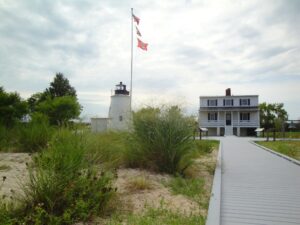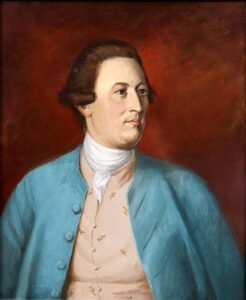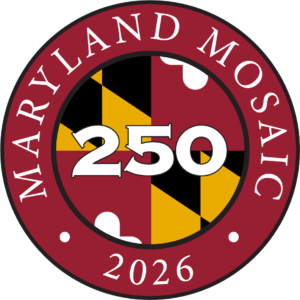Ft. McHenry, at the entrance to Baltimore Harbor, successfully endures a 25 hour bombardment and prevents an invading British fleet from getting into the city. The garrison raises its 30’ x 42’ flag in victory, a moment that signals the end of the War of 1812.
A Washington lawyer, Francis Scott Key (1779-1843), witnesses the flag and writes the “Star Spangled Banner,” based on an 18th century drinking song, which becomes the official American national anthem a century later.
Built in 1798 to defend Baltimore, Ft. McHenry serves an active role until World War II, becoming a national park in 1925. The park is officially redesignated as the “National Monument and Historic Shrine” in 1939.
Francis Scott Key owned at least 6 enslaved individuals, though he manumitted some of them in his life time. He was a lawyer who defended both the enslaved and those who owned slaves.
For More Information
Ft. McHenry National Monument and Historic Shrine






